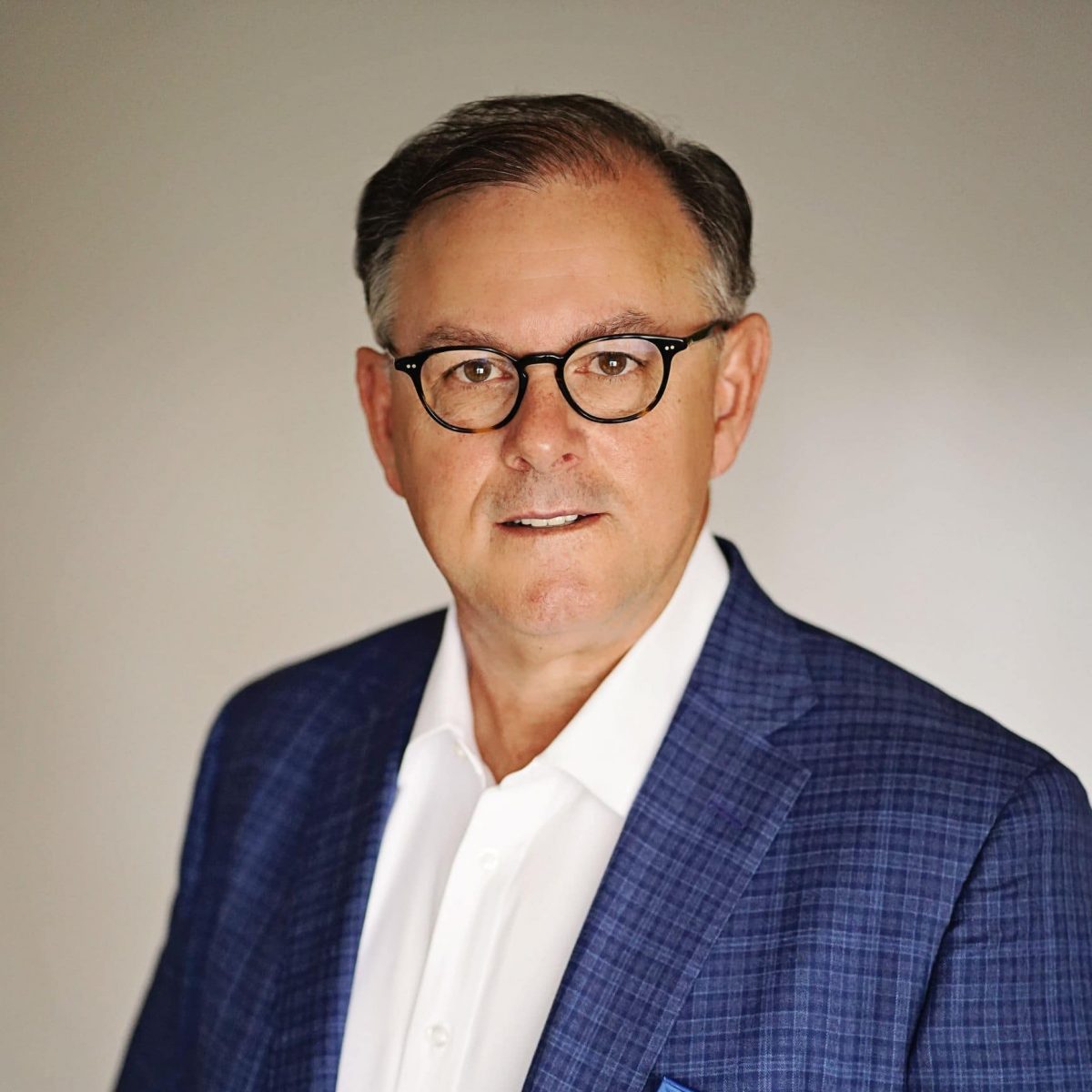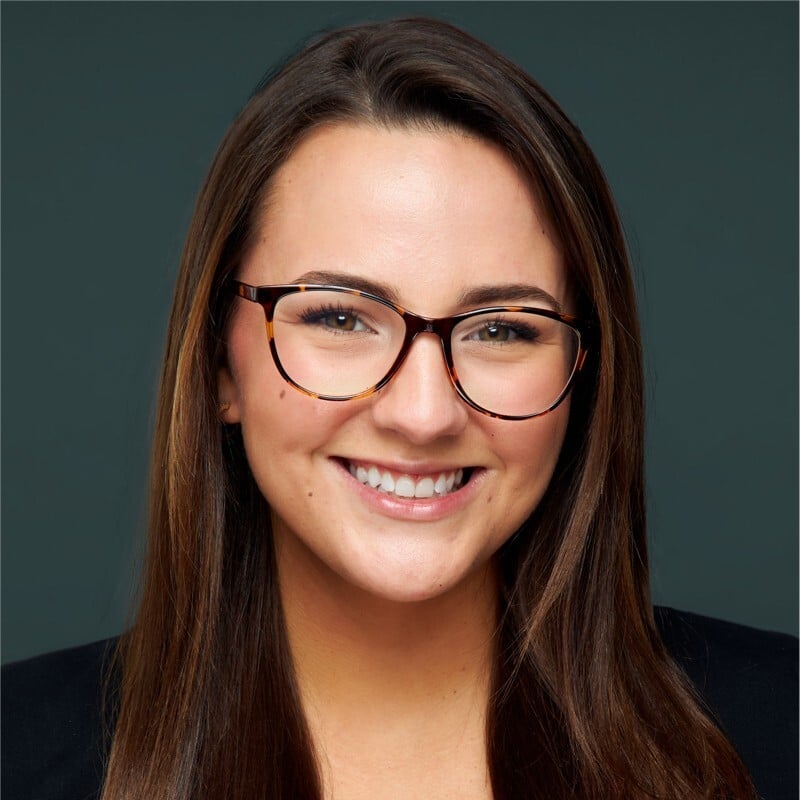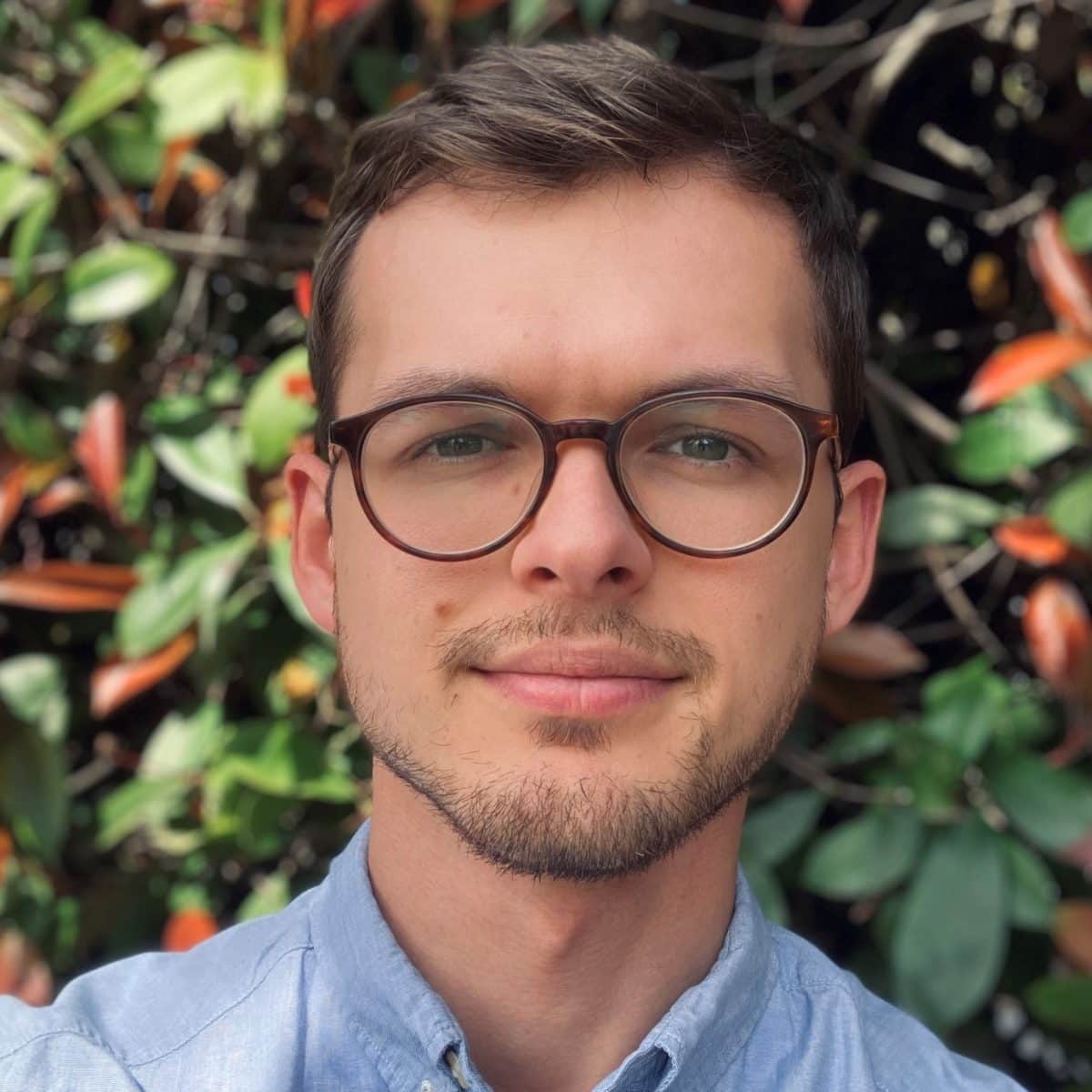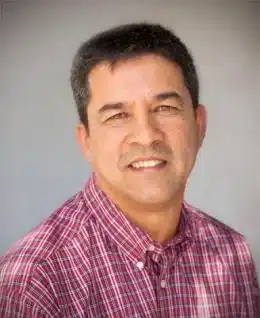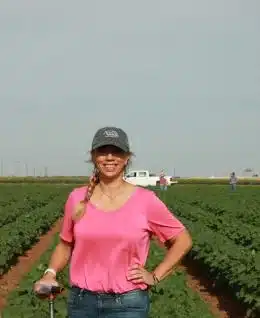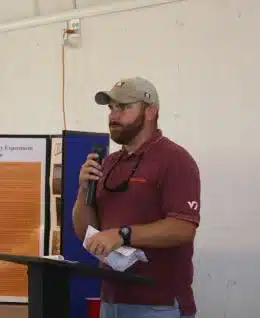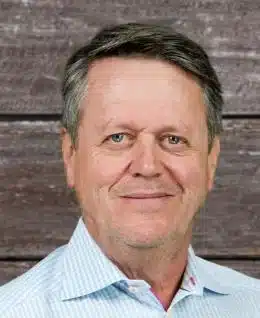Jon Hubble
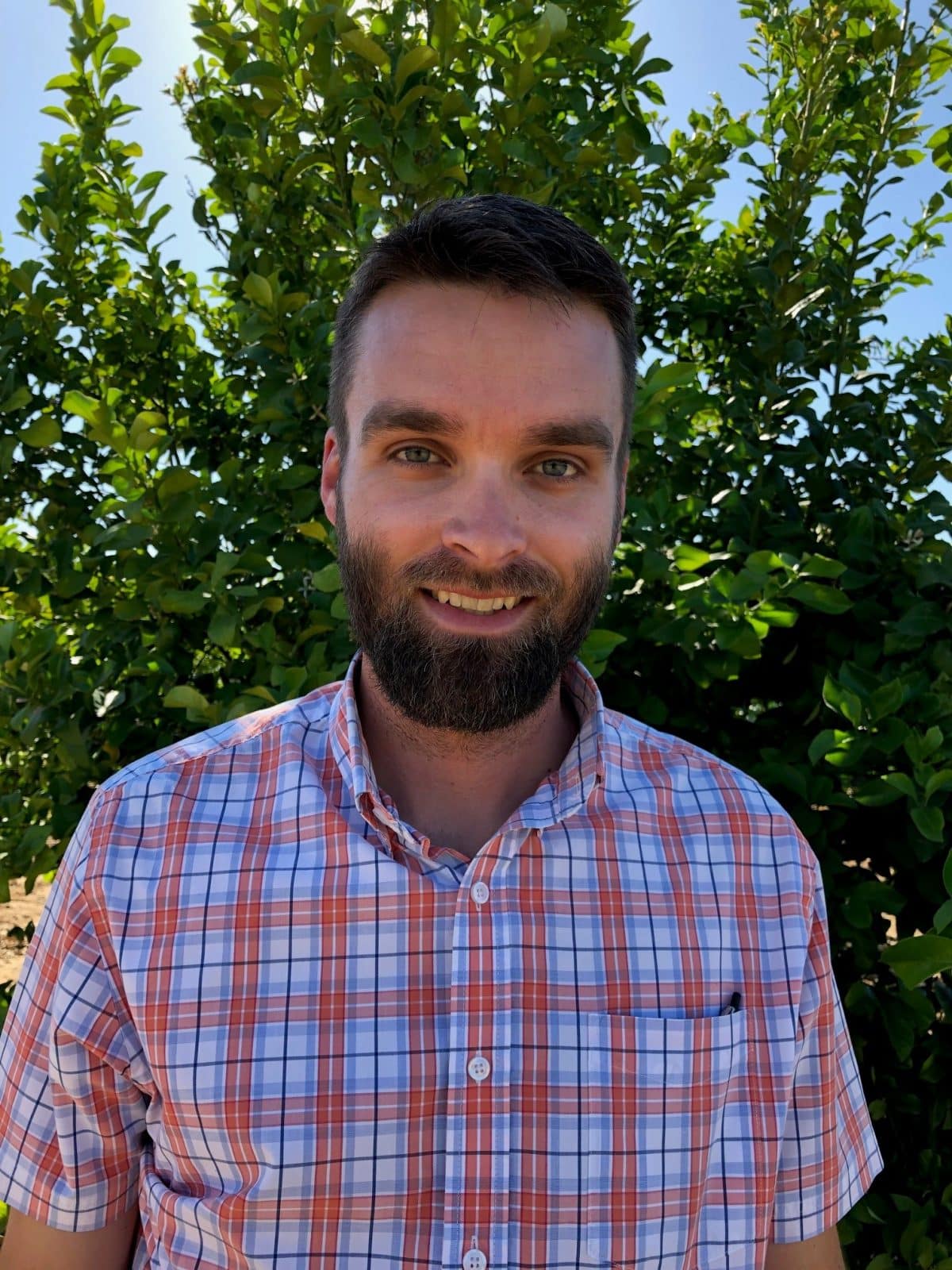
Senior Agronomy Sales Enablement Advisor for JR Simplot Company
Jon was born and raised in the central valley of California where he grew up working on farms owned by family friends. After an enlistment in the Marine Corps, he attended school at Fresno State University where he earned his bachelor’s and master’s degrees in plant science with his graduate work focusing on phosphorus dynamics in calcareous soils that are common in the Western US. His areas of expertise revolve around soil-water-nutrient-plant relationships and how to best manage those variables to influence crop production. He also has a background in irrigation scheduling and management which comes in handy in California where most of the production acres are irrigated. He currently lives in Clovis, CA, in the central valley of California in the heart of some of the most productive ground in the world. He and his wife of 13 years, Juli, have 5 kids together so most of their time is spent on activities with them. They enjoy smoking meats and cooking together as well as camping at the beach and in the mountains. His family is heavily involved in their church and its youth group and in the foster/adoptive care community.
